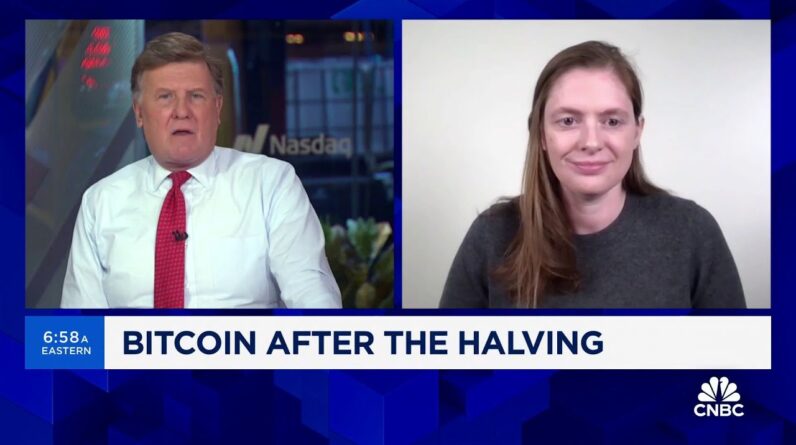Throughout February, corporations announced massive bitcoin buys in a series of increasingly bullish speculative attacks on the dollar.
What started out as a slow trickle of institutional investment pouring into the bitcoin market is developing into a steady stream that will, in time, turn into an all out flood. Let the game theory commence!
Prior to 2020, institutional and corporate interest in bitcoin was rather inconsequential. Though it started as a grassroots phenomenon, led mostly by “retail” for the first 11 years of its history, the rubicon was definitely crossed for bitcoin in 2020 with the COVID-19 pandemic and subsequent economic recession brought about record levels of monetary expansion globally. As a result, institutional and corporate interest in bitcoin as a monetary asset has exploded. While investors like Paul Tudor Jones, Stanley Druckenmiller and others have come out as bullish on bitcoin, publicly-traded companies that have turned to BTC will be the focus of this article.
The First Domino: The Saylor Effect
On August 11, 2020, Michael Saylor, CEO of MicroStrategy, fired a shot heard across the Bitcoin industry and the legacy financial system. He announced that his company had shifted its treasury reserve strategy to a Bitcoin standard (you can find the original press release here).
“We just had the awful realization that we were sitting on top of a $500 million ice cube that’s melting. This is not a speculation, nor is it a hedge” said Saylor. “This was a deliberate corporate strategy to adopt a bitcoin standard.”
Following the move in August, Saylor spent the following months seemingly taking up nearly every interview and podcast invite that was thrown his way to describe his company’s decision. In January 2021, Saylor announced that MicroStrategy was conducting an online seminar open for all to attend, “Bitcoin for Corporations,” during which his team open-sourced its thesis and playbook so that other corporations could follow in its footsteps.
The result: An explosion in the price and interest in bitcoin as a treasury reserve asset. Bitcoin opened 2021 at a price of $29,150, and, at the time of this writing, it is trading at $47,900.
Here are the other institutional bitcoin adoption highlights from February:
February 8: Tesla, Inc. (TSLA) Purchases $1.5 Billion Of BTC (Official BTC Amount Remains Undisclosed).
“In January 2021, we updated our investment policy to provide us with more flexibility to further diversify and maximize returns on our cash that is not required to maintain adequate operating liquidity. As part of the policy, we may invest a portion of such cash in certain specified alternative reserve assets. Thereafter, we invested an aggregate $1.50 billion in bitcoin under this policy.”
-Tesla’s Form 10-K Filing
This move by Tesla and CEO Elon Musk was massive for the acceptance of bitcoin as a hedge against fiat debasement, and indirectly gave every S&P 500 investor partial bitcoin exposure — a mark in the sand for bitcoin in public markets with an endorsement by the world’s largest automaker by market cap, led by (at the time) the world’s richest man.
February 19: MicroStrategy Completes $1.05 Billion Offering Of Convertible Notes At 0 Percent Interest, With Plans To Acquire More BTC As Per The Company’s Treasury Reserve Policy.
Saylor continued to show his cards to the rest of the world by executing another speculative attack on the dollar at 0 percent interest.
February 23: Square (SQ) Purchases 3,318 BTC For $170 Million Of Bitcoin, Putting Its Stack At A Total Of 8,027 BTC.
Outspoken Bitcoin proponent and Square CEO Jack Dorsey doubled down on his BTC bet, upping Square’s stake to about 5 percent of its liquid cash.
February 24: MicroStrategy Purchases 19,452 BTC For $1.026 Billion In Cash At An Average Price Of $52,765 Per BTC.
For an updated record of Bitcoin on corporate balance sheets, visit https://bitcointreasuries.org.






